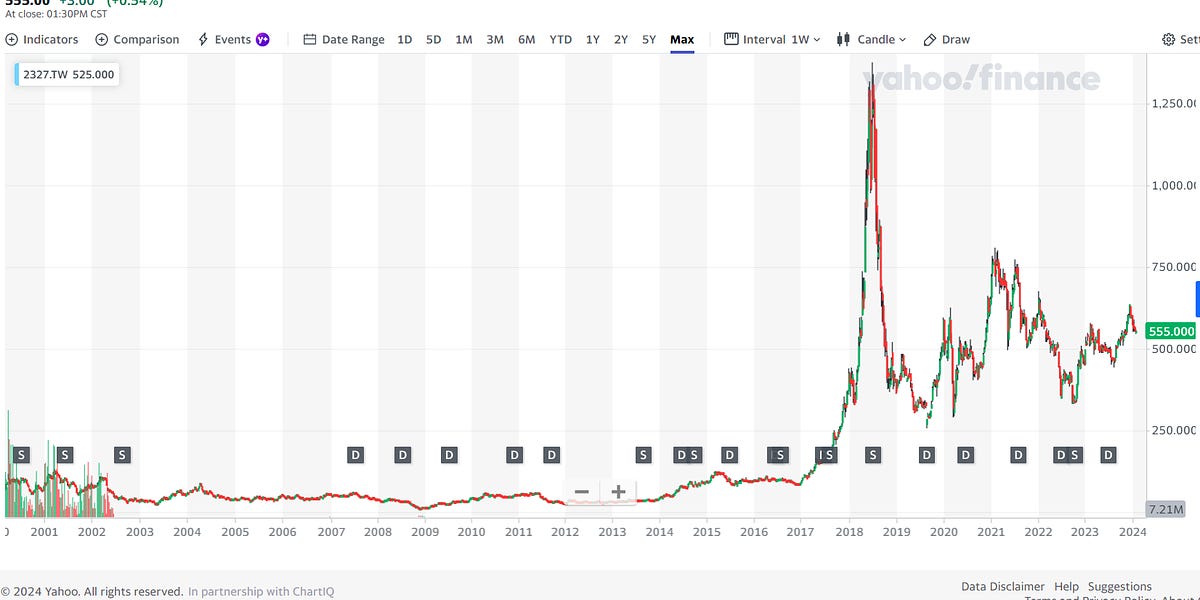Why do 90% of traders fail? Understanding Trading Pitfalls – Trading Strategy – March 20, 2024

Why do 90% of traders fail? Understanding Trading Pitfalls

Trading in the financial markets can be an attractive endeavor that promises financial independence and the potential for wealth creation. However, the harsh reality is that the majority of traders do not achieve sustained success. Let’s look at some common reasons why 90% of traders fail.
-
lack of proper education: Many traders enter the market without sufficient education or understanding of how trading works. They are attracted by the promise of quick profits, but may not grasp the complexities of market dynamics, trading strategies, and risk management techniques.
-
emotional decision making: Trading can evoke powerful emotions like fear, greed, and hope, which can cloud your judgment and lead to irrational decisions. Emotional traders often suffer significant losses by giving in to impulsive trading, chasing losses, or abandoning their trading plans.
-
poor risk management: Failure to implement proper risk management techniques is a common pitfall among traders. Risking too much capital in a single trade, not using stop-loss orders, or neglecting portfolio diversification can expose traders to unnecessary risk and magnify losses.
-
Overtrading: Some traders fall into the trap of overtrading, engaging in excessive trading activity in the pursuit of quick profits. Overtrading not only increases your trading costs, it also increases your chances of making impulsive decisions and incurring losses.
-
lack of discipline: Successful trading requires discipline, patience, and adherence to a well-defined trading plan. Unfortunately, many traders lack the discipline to stick to their strategy, follow risk management rules, or resist the temptation to deviate from the plan during periods of market volatility.
-
Developing inappropriate strategies: Developing a profitable trading strategy requires careful analysis, testing, and improvement. However, many traders do not invest the time and effort needed to develop a strong strategy, resulting in inconsistent results and ultimately failure.
-
Ignoring market reality: Some traders approach the market with unrealistic expectations or misunderstandings about trading. They may believe in get-rich-quick schemes, rely on flawed trading systems, or underestimate the challenge of achieving long-term profitability in the markets.
-
inability to adapt: Markets are dynamic and constantly evolving, so traders must adapt their strategies to changing market conditions. Traders who fail to adapt to new market realities, trends or technologies risk being left behind and experiencing diminished returns.
-
lack of responsibility: Successful traders take responsibility for their actions and results and learn from their successes and failures. However, many failed traders blame external factors such as market manipulation or bad luck instead of critically evaluating their own decisions and performance.
-
unrealistic expectations: Lastly, unrealistic expectations can lead to disappointment and disillusionment among traders. Trading offers the potential for significant profits, but it also involves inherent risks and uncertainties. Traders who expect to get rich overnight or consistently win the market often become disillusioned when reality does not meet their expectations.
In conclusion, the high failure rate among traders can be attributed to a combination of factors including lack of education, emotional decision-making, poor risk management, and unrealistic expectations. Overcoming these challenges requires a commitment to continuous learning, discipline, and self-awareness. By understanding the pitfalls of trading and actively addressing them, traders can increase their chances of achieving long-term success in the financial markets.





